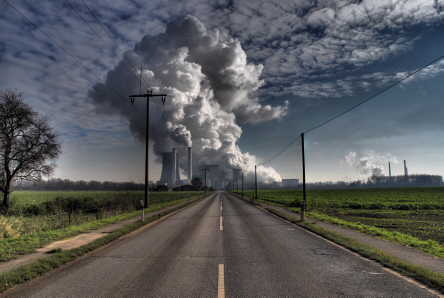Earth, says Nobel prize winner Paul J. Crutzen, has reached the anthropocene. Man’s movements and actions are increasingly affecting the environment. “This is particularly reflected by climate change”, underlines Professor Friedemann Wenzel, Head of the Geophysical Institute of the Universität Karlsruhe. He is one of the natural scientists and engineers of the KIT, who extensively analyze the impacts of this development in individual regions and study countermeasures, such as the use of new alternative energy sources. These topics will also be covered by the conference that will take place as part of the meeting of the Executive Committee of the International Union of Geodesy and Geophysics (IUGG) from August 04 to August 06, 2008.
Journalists are invited to a press conference on Monday, August 04, 13.00 hrs, in room No. 231 of building 11.40 and to inform themselves in detail about the contents and results of the conference. Questions will be answered by Professor Tom Beere, President of the IUGG, Dr. Alik Ismail-Zadeh, General Secretary of the IUGG, Professor Wenzel, and Professor Christoph Kottmeier from the Institute of Meteorology and Climate Research of the KIT.
In one conference presentation, Professor Kottmeier will concentrate on whether knowledge of man is sufficient to reliably calculate climate change on a regional scale. Professor Michael Ghil from the Ecole Normale Supérieure at Paris will focus on the predictability of climate change. Professor Ulrich Schumann from the German Aerospace Center will explain the influence of thunderstorms on the atmosphere and potential impacts on climate. Professor Reinhard Hüttl, President of the Geoforschungszentrum Potsdam, will highlight the way from the analysis to the management of the system Earth. The conference will comprise further presentations and end with an open discussion.
The conference is part of the International Year of the Planet Earth, a joint initiative of the International Union of Geoscienes (IUGS) and UNESCO. Projects and events shall demonstrate how geoscientists may contribute to health and to the economic success of society.
The Karlsruhe Institute of Technology (KIT) is the merger of the Forschungszentrum Karlsruhe, member of the Helmholtz Association, and the Universität Karlsruhe. This merger will give rise to an institution of internationally excellent research and teaching in natural and engineering sciences. In total, the KIT has 8000 employees and an annual budget of 700 million Euros. The KIT focuses on the knowledge triangle of research – teaching – innovation.
The Karlsruhe institution is a leading European energy research center and plays a visible role in nanosciences worldwide. KIT sets new standards in teaching and promotion of young scientists and attracts top scientists from all over the world. Moreover, KIT is a leading cooperation partner of industry.
ele, July 29, 2008

